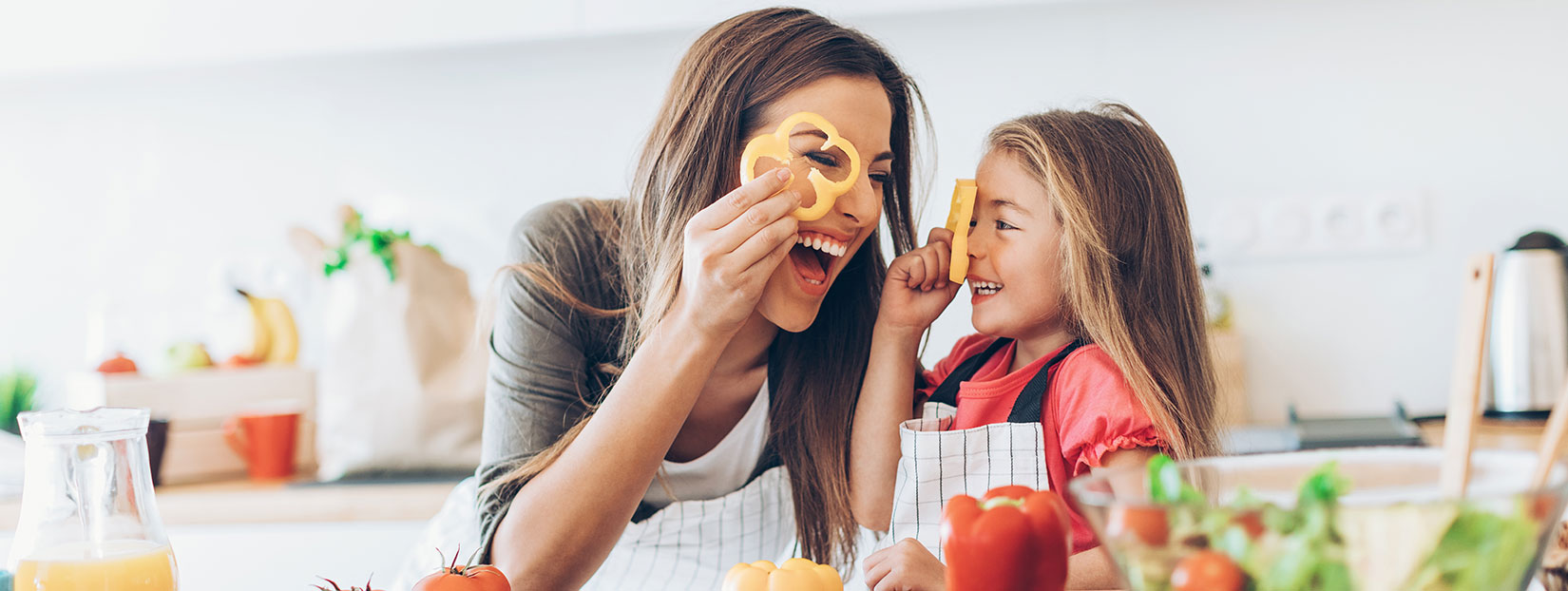Building Personal Resilience in Twelve Steps
“Make a meal an event” – Jayne Carrington, Author
Nutrition research over the last few years reinforces one common finding, what you eat is closely aligned to health and performance. Good nutrition is also a major factor in building strong levels of resilience, improving our energy levels and our ability to manage stress.
So, the focus of this article is not about diets and weight management, valid as those things are, nor about food and drink per se, but to explore our mindset about food and drink and to try one or two new ways to reframe our thinking and change our approach. It’s a tough one – we know only too well how hard it is to change habits of a lifetime or to untangle ourselves from the sheer myriad advice, top tips, dire warnings, fake news. So, no grapefruit or cabbage diet this week. Simply a more relaxed and positive approach to eating and drinking for energy and strength.
We need it. Resilience is physical as well as emotional and psychological. The health of our bodies through good nutrition and hydration is essential to wellbeing and the only way in which we can sustain and nurture ourselves for the long-haul called ‘living life to the full’. Drinking enough water each day is important for many reasons; it keeps your body temperature normal, lubricates and cushions the joints, gets rid of waste and protects sensitive tissues. Lack of water can lead to dehydration and even mild dehydration can drain your energy and make you tired.
For people who are working a shift schedule, nutrition is a key factor in keeping healthy and staying alert; preparing meals for shifts and for when you get home helps ensure you’re making healthy food and drinks choices for good work and rest.
Alongside ensuring we eat enough of good things is the need to create situations where food and drink are enjoyable experiences. The opposite is where our relationship with food and alcohol become harmful and even destructive.
Try each of the following ideas this week - apply them to yourself, as appropriate, but also within your family or circle of friends if you have the opportunity. Through changing our behaviours we can start to re-educate our minds about food and drink and continue to build our resilience.
Load your fridge and cupboards with the best you can buy. Good nutrition is linked to energy and performance yet too often all we have in our fridges is an out of date low-fat yoghurt, some tuna covered in cling film and some stale cheese (or is that just my fridge?). That makes us tempted to eat food items that are not as healthy, or we skip substantial meals altogether. So, this week take the time to review what's in your fridge carefully and plan a weekly shop in an unhurried way. If you can, shop only once this week and get everything at the same time. Possibly buy less food, and keep to a planned list, but buy the things you like. Stock your fridge and cupboards around the seven days of meals plus some healthy snacks. What you are doing is immediately re-framing your thinking about food to what you can have and enjoy. Buying what you like is not just a treat, it’s a positive statement that you are worth it and that you have definite preferences and taste. Fill your fridge and cupboards, empty your guilt.
Make each and every meal an event. Whether it is breakfast, lunch, or dinner or the mid-morning snack, make each time you eat an ‘event’ – a precious moment when you take time to enjoy the experience. This could also be known as Mindful Eating; noticing the smell, the texture of the food as it enters your mouth. The taste on biting, chewing and on swallowing. Sit down to breakfast rather than rush about brandishing a slice of toast, and in the evening lay the table, bring everyone together, turn off the TV, and sit around enjoying the time spent eating together. No arguments at the table, no ‘heavy talk’, instead just fun and energy. If you are alone, think about your day, what went well, perhaps use the time to free your mind and reflect on how you are doing with your meal planner. Acknowledge what’s going well.
We know that normal lunchtimes may have changed for many but try and stick to a routine, pack yourself a really fun lunch box, make time for a break. Don’t sit at your workbench, in your work vehicle or in front of your computer screen – find a quiet spot and enjoy the food, perhaps eat, then have a good natter to a friend or family member. Associate food with positive personal and social time and look forward to the event every bit as much as you do to the food. Make all your eating and drinking this week part of an Event Calendar.
Satisfy your cravings: know your limits. Get to know your appetite better. Sometimes we eat simply because we are conditioned to think “it’s time to…” whether we are hungry or not. Learn to know the signs of when you are truly hungry and thirsty. Is it when your tummy rumbles or your mouth feels dry? Is it when you’re thinking sticks on visualising food or a drink? Know your own triggers and have something to eat or drink when your body tells you. Normally this will coincide with the “food event calendar” you have drawn up above, but if not, then bring things forward or delay things a little.
Perhaps you are only a little hungry, so just eat a little. We develop a mindset which makes us finish everything on our plate or in our glass whether we want it all then or not. Practice saying “I’ll leave that for later” and if later comes and you still do not want it, then leave it. What you are doing in this exercise is moving away from “conditioned eating” behaviour, (set times, set amounts) and responding instead to your own body. This week simply listen to your body.
Resist being a martyr. We can have such negative thoughts about our food and drinking habits, lurching from over-indulgence to guilt-ridden deprivation. Some of our work on positive thinking will help, but we also need to change the conversations we are having with ourselves and be more reasonable about our wants and needs. This does not mean we do not have any self-control, but we decide the rules and we decide to stick by them.
Instead of “I never eat chocolate now“ try saying “I enjoy a little chocolate once in a while”, or “I never eat between meals” to “I enjoy having a mid-morning snack of fruit”. Give yourself permission to enjoy your food and drink. Set your own rules, not those pushed on you by other people, by the media, by social conditioning. Enjoy good food, including treats, as part of living well and nurturing yourself. If you start listening to your body, then this will help you to exercise self-control. This week set your own rules for what you will and will not eat.
The more you think positively about food and drink the sooner your attitude and behaviours can change. You will develop a lasting and positive relationship to food and drink, and this in itself will build your self-belief in your own ability to make and stick to your own rulebook.
We also know from research that those people who invest in looking after their personal wellbeing see improvements in nutrition, physical activity, sleep, dealing with stress and energy levels.
And, remember, there are many workplace wellbeing programmes that provide advice, information and support as and when needed.
Up next Step 8: Pace your Efforts!
----------------------------------------------------------------------------------------------------------------------------------------------------------------------
About the Author: UnitedHealthcare Global has chosen to work with Jayne Carrington, Health & Wellbeing Consultant & Executive Coach who is the author of this 12 Step Resilience Programme.
 Jayne has over 30 years of leadership and management experience to draw on, 20 years at Board level, and her consulting and coaching & mentoring approach is based on a wide range of professional roles and achievements, personal resilience and life-long learning. Formally trained at the Oxford School of Coaching & Mentoring, Jayne is a fully qualified Coach and Mentor. She has grown two major companies in the mental health and corporate wellbeing sectors and brought innovative solutions through to prominent national and international exposure, including working with the World Economic Forum and Business in the Community. Jayne has contributed to several articles, toolkits, speaking engagements along with other resources to support in the promotion of employee health and wellbeing.
Jayne has over 30 years of leadership and management experience to draw on, 20 years at Board level, and her consulting and coaching & mentoring approach is based on a wide range of professional roles and achievements, personal resilience and life-long learning. Formally trained at the Oxford School of Coaching & Mentoring, Jayne is a fully qualified Coach and Mentor. She has grown two major companies in the mental health and corporate wellbeing sectors and brought innovative solutions through to prominent national and international exposure, including working with the World Economic Forum and Business in the Community. Jayne has contributed to several articles, toolkits, speaking engagements along with other resources to support in the promotion of employee health and wellbeing.
